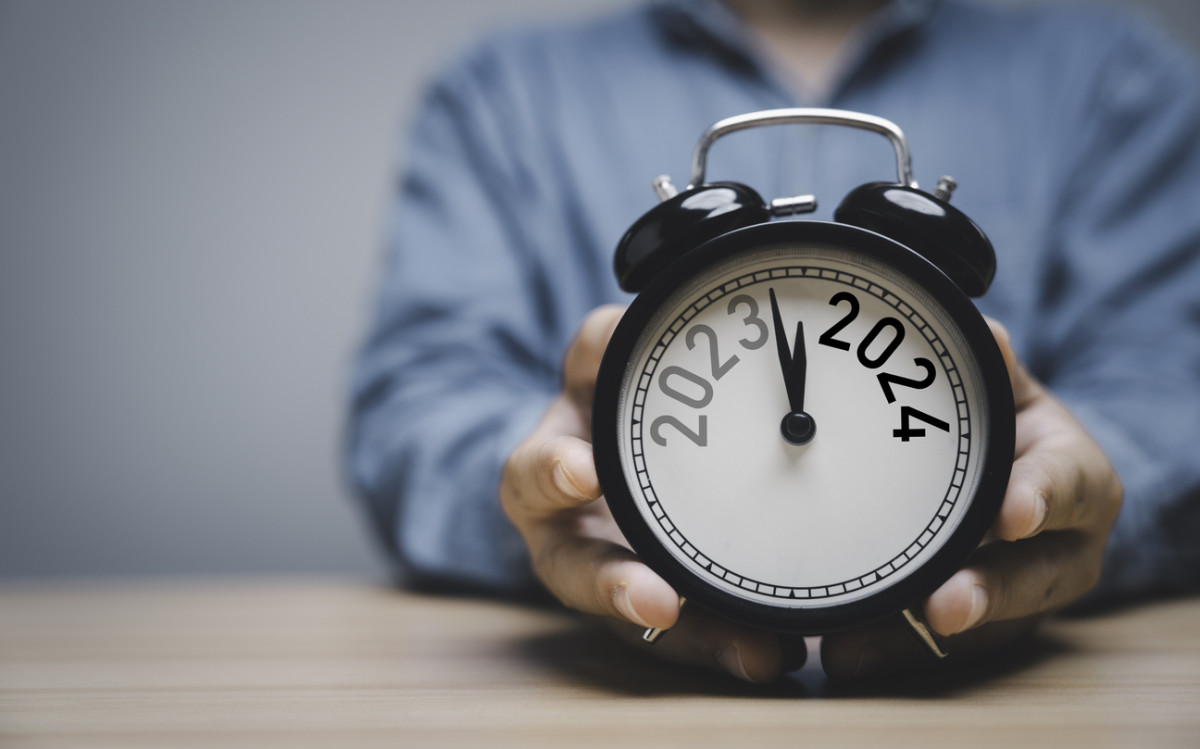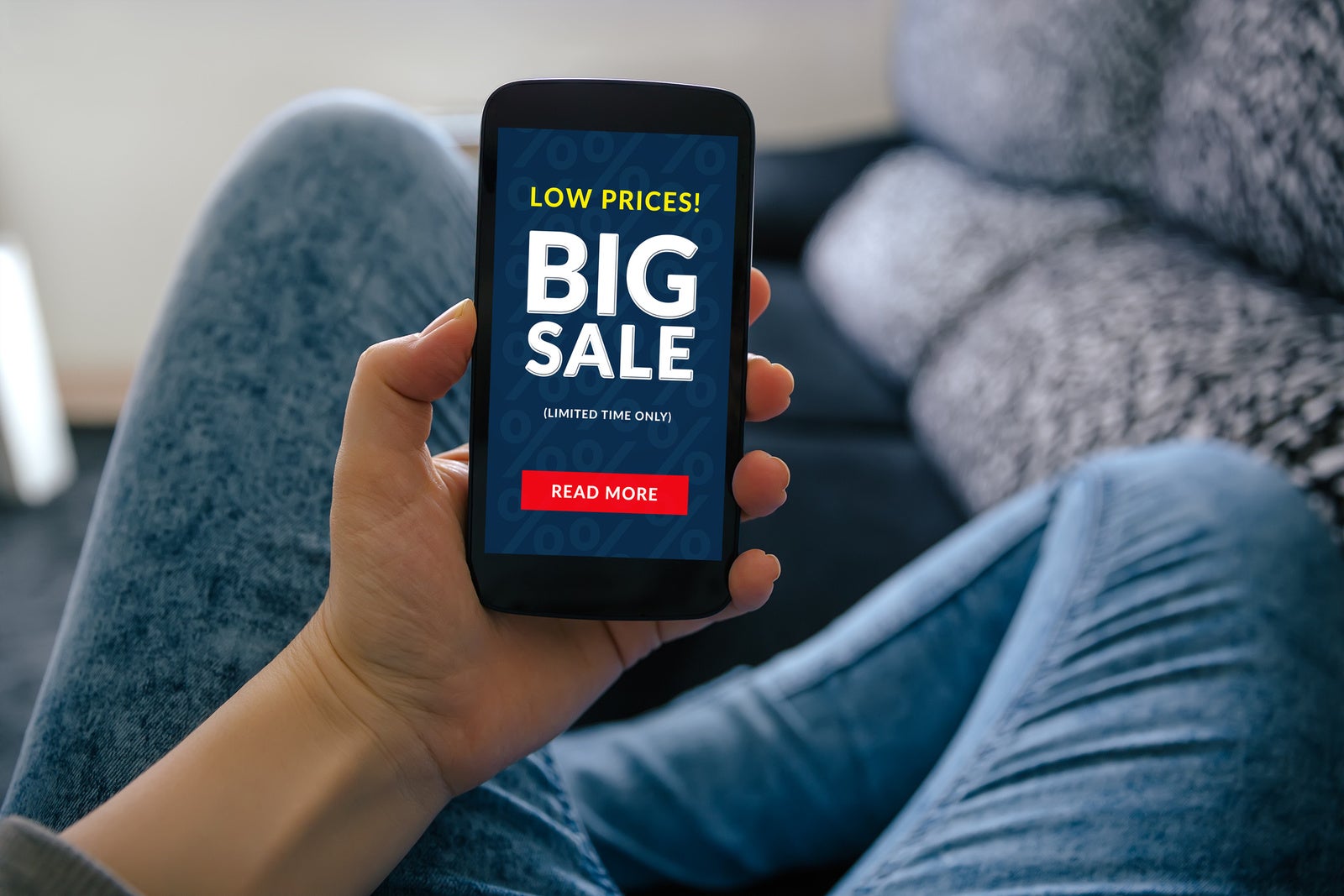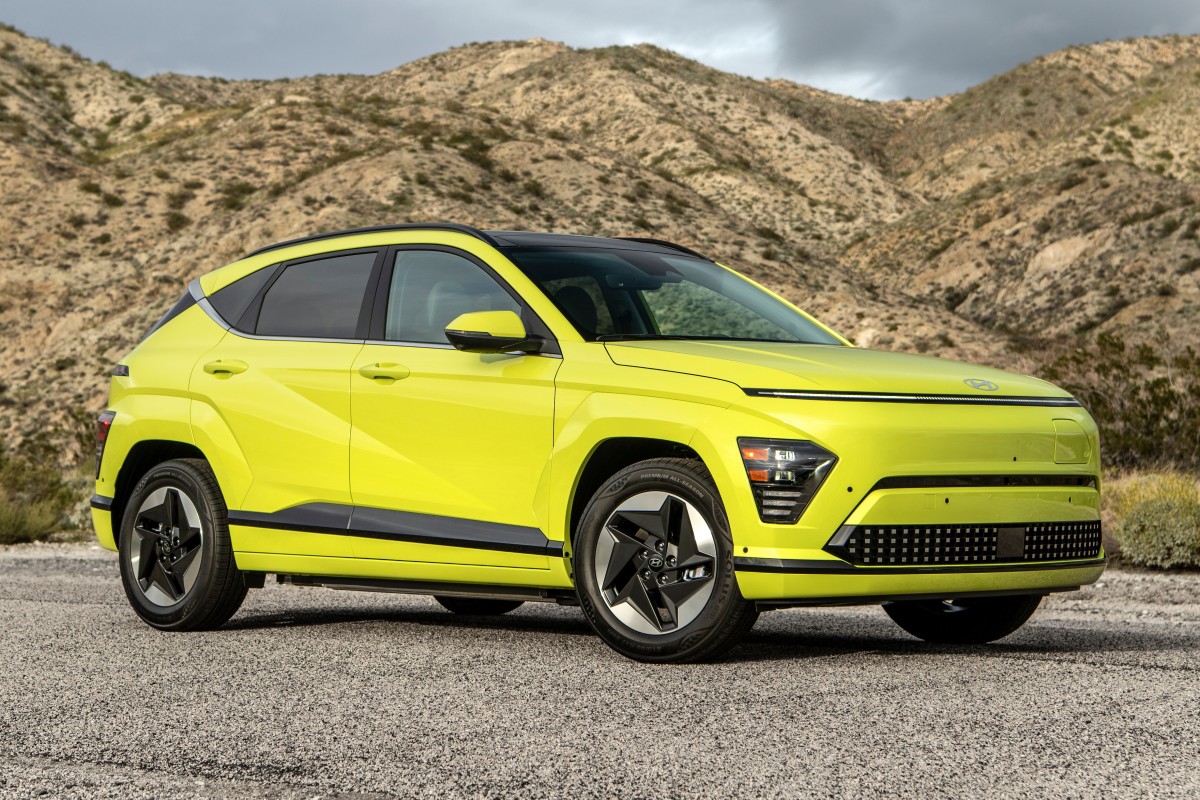Did you know that the timing of your car purchase can have an impact on how much you pay? So, if that’s the case, what’s the best time of year to buy a used car? In this guide, we’ll run through some general guidance on timing your car purchase and why it’s important to consider not only the calendar year, but also the model year of the car you’re considering.
Note that while the Covid-19 pandemic and its impact on new and used vehicle supply and pricing turned the market on its head, the advice here is as relevant today as it ever was.
What’s the Best Time of Year to Buy a Used Car?
- What is the Best Month for Buying a Used Car?
- Should I Buy a Car at the End of the Month?
- Why Days of the Week Matter
- Christmas, New Year’s Eve, Black Friday: How to Shop During Shop the Big Sales
- Think About the Model Year as well as the Calendar Year
- FAQs
What is the Best Month for Buying a Used Car?
As we’ve noted, while car prices are largely shaped by supply and demand, there are external factors such as manufacturer sales targets, which can also dictate when the best deals might be available. When thinking about what might be the best month to buy a car, December is the frontrunner based on the potential size of discount and the number of deals available. With the end of the year in sight, dealerships will be making a last push to hit targets, which can mean great opportunity for buyers.
Remember too, that a great deal isn’t only about price. Dealers might also adjust interest rates down on monthly payments, give you a better price for your trade in, or throw in six or 12 months extra warranty if it means getting a deal across the line.
Should I Buy a Car at the End of the Month?
One of the more popular tactics for scoring a great deal has been to wait until the last couple days of the month to walk into a showroom. The general thinking is that, with dealerships and salespeople set to receive bonuses from the automakers for met sales quotas at the end of the month, a car buyer is more likely to negotiate a low price.
The trouble is, beyond intuition, shoppers don’t really have any way of knowing whether a salesperson has already hit their monthly quota. If they haven’t, then yes, they probably won’t sweat a few hundred dollars if it will mean securing a bonus for them from the manufacturer. But if the salesperson has already met their quota for the month, visiting then could actually be the worst time to secure a good deal.
While the beginning of the month is when you’re least likely to secure the car deal of your dreams, there is an argument that says mid-month is a good time for buying used cars. It’s unlikely a sales quota will have been hit by then (if it has, the car dealer should arguably have a higher target), which means a good chance of securing a lower price or more competitive monthly payment.
Why Days of the Week Matter
When thinking about timing by days of the week, weekdays are generally better for buying cars than weekends. Typically, Fridays are on the slow side (and can therefore be the best day to secure a good deal), while Saturdays are very busy. Slow foot traffic during the week means the salesperson will be hungrier for a sale, although it also means they’ll be able to keep you at the dealership longer without having to put off other potential customers. Essentially, car buyers can improve the chance of getting a really good deal on their new vehicle by shopping during the week, but you should be prepared to stay on site for a long time.
Almost the opposite tactic is to wait until just before the dealership closes for the day to try and make a deal. This can potentially work to your advantage, and a dealer will happily stay late to make a sale, but only if they're sure the customer is prepared. That puts the onus on you to have done your research on the car market and the car models that you’re interested in.
If you want to roll the dice, try showing up an hour or two before a major sporting event. In New England, some salespeople have assured us that customers who walk in just before the Patriots take the field are almost always going to get attended to quickly.
Christmas, New Year’s Eve, Black Friday: How to Shop During Shop the Big Sales
Many dealerships advertise big car sales events around holidays or holiday weekends like Memorial Day, Veterans Day, Labor Day, Columbus Day and, in more recent years, Black Friday. During these weekends, the sales floor is generally crowded with shoppers hoping to land a new car at a low price. However, the incentives offered during these sales are often not only restricted to the dates of the sale.
As such, if you have a model in mind, it’s worth trying to negotiate a car purchase on the dates leading up to the event. It’ll still help the dealership hit its sales goals, and not only will you most likely find car prices to be the same as on the day of the event, but you’ll have the dealership nearly to yourself, too. Perfect for that all-important test drive.
Think About the Model Year as well as the Calendar Year
As you can imagine, there are best times of the year to buy certain types of car. Looking for a convertible? Chances are good that you’ll find the best deals during the dark winter months when demand is lower. Want an SUV? Thanks to its typically higher gas prices, summer is often the best time to buy bigger cars.
However, we don’t all have the luxury of timing our purchase with the season, and doing so isn’t a guarantee anyway. Plus aside from the automotive categories mentioned above, many other body styles don’t show strong correlations between seasons and price, and in some parts of the country, seasonal differences aren’t dramatic enough to impact pricing.
Instead, our advice is that car buyers will be best served timing their purchase with model years, rather than the calendar year.
Wait, what?
Let’s back up. When December ends and people start thinking about next year, we throw our 12-month calendar with its big glossy kitten photos into the trash and go out to buy a new one (maybe we’ll go with puppies this year). However, automakers don’t operate on the same 12-month calendar we do. Instead, an automaker might turn over a particular model in its lineup in March, or June, or November.
When shopping for a car, you’re more likely to get a good price if the dealership is feeling pressure to sell older models to make room for a new model year—particularly if the newer model has been redesigned. If you can manage to buy the previous-generation model right before the new generation lands at dealerships, you have a good chance of scoring a great deal.
The caveat, of course, is that you’ll be forgoing the latest features of the new model, but on the bright side, the last model year of a vehicle generation generally experiences the fewest mechanical and electronic gremlins, whereas the first year of a generation typically experiences the most. In the CarGurus research hub, we publish previews and reviews of almost every car sold in the United States, so if you're interested in a specific model, run over to the Research pages to find out if it's due for a generation change.
FAQs
What are some tips for negotiating the price of a used car?
First things first, be prepared. Car dealers know that negotiation is based of the car-buying process, so it won’t appear as rude when you come in with an offer that’s lower than the sticker price. Be polite and patient but also firm. Above all else, be willing to walk away from a deal if it’s not right. For more guidance, read our guide: How to negotiate a new car's price.
How do you find the best deals on used cars?
Pre-internet, you had to be an expert to sort the best deals on used cars. CarGurus was one of the websites to change that, using proprietary algorithms to analyze millions of car listings, with the outcome being consumer-friendly deal ratings that show you if a car is a great deal or not.
What are some common mistakes to avoid when buying a used car?
With such an expensive purchase, research is key. Make the time to look into what cars will best suit your requirements, read expert reviews, watch videos, and don’t be afraid to ask for help, be it from a friend or a dealer. When you’ve found a car, carry out an online history check to make sure it doesn’t have a hidden past or outstanding finance. Paying for a professional inspection can also help to establish whether a potential purchase might be hiding expensive repairs.




